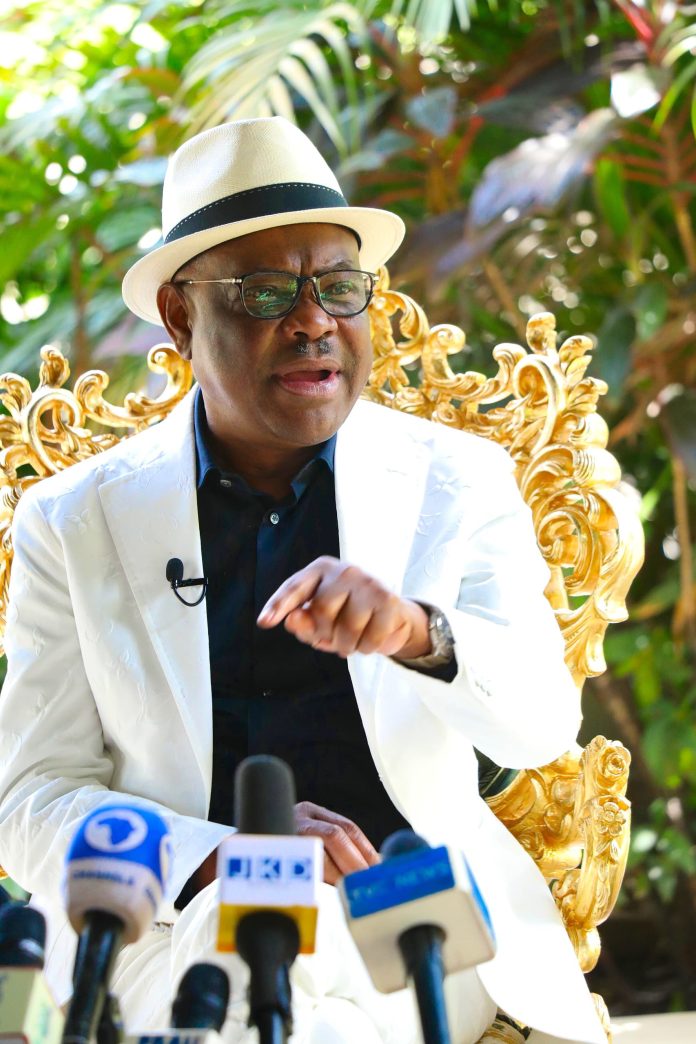Exit from Treasury Single Account Has Unlocked Funding, Boosted Transparency in FCT Projects – Wike
B
The Minister of the Federal Capital Territory (FCT), Barr. Nyesom Wike, has said that the exit of the FCT Administration from the Treasury Single Account (TSA) has significantly improved access to funding for infrastructure while enhancing transparency and accountability in public financial management.
Speaking during a media chat in Abuja on Monday, Wike explained that the move has enabled the FCT to source funds directly from commercial banks, accelerating the pace of development and allowing for more flexible financial operations.
“The exit from the Treasury Single Account has enabled the administration to do a lot,” he said. “There is great accountability and transparency in the way funds are managed now.”
The TSA policy, introduced to consolidate government revenues into a single account at the Central Bank of Nigeria (CBN), had previously limited the ability of Ministries, Departments, and Agencies (MDAs) to access funds directly for urgent projects. Wike, however, argued that the FCT’s case is unique.
“Under the TSA, all funds go to the Central Bank. But the FCT does not generate revenue for the federal government. So why should we be restricted?” he asked.
According to the Minister, the new funding model allows the FCT Administration to secure loans from commercial banks based on its Internally Generated Revenue (IGR) and repayment capacity, enabling it to implement capital projects without delay.
“If we need N100 billion for a critical project, we can secure a loan, tie it to our IGR, and start immediately,” he explained. “Previously, monthly allocations were not enough to even initiate major projects.”
While acknowledging the need for fiscal discipline under this model, Wike said it is far more effective and geared toward tangible results.
“The FCT is now run like a business. The President wants results, and we can’t continue waiting for monthly releases that barely cover salaries,” he stated.
Wike also noted that although the FCT’s annual budget is about N80 billion, the federal government often struggles to release sufficient funds, even for recurrent expenditure. The new arrangement, he said, allows the Administration to work around those limitations.
“We can’t borrow from the CBN, but commercial banks see our IGR and are willing to partner with us,” he said.
On concerns about transparency, Wike assured that all funds are linked to specific projects and subject to regular oversight.
“Every kobo is traceable. Each project is tied to a loan and monitored. There are enough mechanisms in place to ensure accountability,” he said.
He praised President Bola Tinubu for supporting reforms that give the FCT greater financial autonomy, describing the shift as essential for positioning Abuja among the world’s leading capital cities.
“This is about unlocking the city’s potential and improving the lives of its residents. It’s a deliberate policy by a President who understands development,” he said.
The Minister’s remarks come as the FCT intensifies its road construction, urban renewal, and upgrades in health and education infrastructure. With enhanced financial freedom, Wike said residents should expect to see more impactful results.
“We’re not just spending we’re building. And this model puts the FCT on a path to becoming a benchmark for other regions,” he added.

